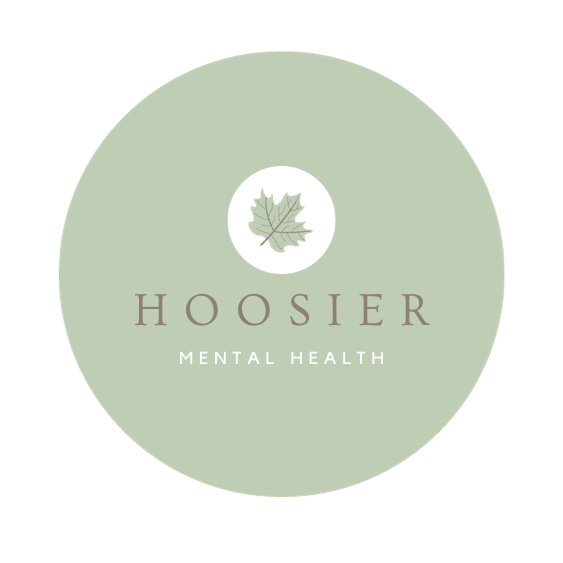
LGBTQIA2S+
“No pride for some of us without liberation for all of us.”
—Marsha P. Johnson
Working in therapy with LGBTQIA2S+ folx is more than having a friend or family member who is gay or being supportive of gay marriage. Being a therapist who serves this diverse group of folx means that you have been trained on the community’s specific needs.
Even though there have been advancements in social acceptance for LGBTQIA2S+ folx, the highly personal nature of gender identity and sexuality is still broadly misunderstood. For many folx, this can be a painful experience. LGBTQIA2S+ folx are prone to cumulative stressors over long periods of time, which can lead to residual feelings of being stressed, anxious, depressed, and worn down.
Many folx who come to therapy with me talk about:
Stress
Adjustment
Assertive Communication & Healthy Boundaries
Coping Skills for Oppression & Microaggressions
Gender & Sexual Identity
Non-monogamous relationships
Partner, Peer & Relationship Issues
Trauma
Work & Life Stress
Letters and Support for Medical Services for Gender-Affirming Treatment
Safe Therapy for the LGBTQIA2S+ Community
Each person has a unique story that relates to their intersecting identities. We all have a variety of backgrounds and beliefs, which shape our experiences. For LGBTQIA2S+ folx, we have certain experiences and particular stressors that can impact us. Discrimination, shame, isolation, trauma, rejection, violence, politics, oppression, and marginalization all have cumulative effects on our lives, which can increase our risk for mental health issues.
Being a part of this community is not a disorder or mental health issue—it’s what has been done to LGBTQIA2S+ folx that is the source of distress. This means that in therapy, we can explore your identity-in-process as it relates to roles, expression, and experience and honor your identity formation as it emerges in different ways.
In holding space for your story in a non-judgmental way, we have the opportunity to acknowledge the strong and challenging emotions that come up for you. We also have the opportunity to acknowledge your strength and resilience that you have created for yourself.
Together we will discover how the parts of your identity have been pushed down or put into boxes. We will bring them to the surface so you can become your whole, integrated and authentic self.
Lesbian, gay, bisexual, transgender, genderfluid, non-binary and queer folx come in all shapes and sizes and no two people are alike. We will look at your unique strengths and reinforce them so you can be better equipped to face and overcome the challenges that are keeping you stuck.
Maybe you are comfortable in your intersecting identities and are not looking for a therapist to talk to about your gender identity or sexual orientation, but want to focus on something else.
However, you recognize that in order to be able to do that work, it’s important for you to know that your therapist “gets it”. This way, you don’t have to spend the time explaining what pronouns are or “how polyamory works” in order to to start tacking what is actually bringing you to therapy. This also means that even if your primary reason for seeking therapy isn’t related to sexuality or gender identity, it is important to also recognize that there might be underlying systems of oppression faced by the LGBTQIA2S+ community that could be making things tougher on you.
I work with a number of lesbian, gay, bisexual, transgender, genderfluid, non-binary and queer clients who come to therapy to focus on stress management, coping with loss, or learning how to manage social anxiety. Knowing that I am a trained Queer Social Worker who engages in ongoing education and training allows us to get to work on what is actually bugging you.
My practice is anti-conversion and anti-reparative therapy. These practices are harmful, are not medically valid, and are illegal in most states. You are not sick, ill, or broken because of who you are. Being a member of this community is not a mental disorder, so there is no need to search for a cure.
My practice is gender, orientation, relationship, and kink-affirming. As we continue to explore gender expression as a collective society, we are beginning to understand the historical references to the vast spectrum of identities. It’s an exciting time to delve deeper and learn about fluidity, but this can also cause distress as you try to navigate your own personal identity. My practice honors your evolving identity from the first time we speak. Your name and pronouns are sacred and will be used with your guidance and direction.
One of my greatest joys in life to see someone as they discover who they are authentically meant to be and witness them step into their own power. I have a passion for working with the LGBTQIA2s+ community as they navigate their intersecting identities and experiences. I’m forever amazed at the tenacity and strength of the human spirit I see every day.
Lana’s Experience
I have almost a decade of experience in working in a clinical setting with LGBTQIA2S+ folx. My work is inclusive, supportive, educational, and empowering to our community and our allies.
While in graduate school, I co-facilitated a Transgender Veteran’s Support group at the Baltimore VA. The goal of this group was to foster peer support and social connections, as well as sharing experiences and resources.
I have worked with folx in both the community healthcare setting and in my private practice.
My work has been featured in places like Livestrong, ZocDoc, Care.com, Healthline, and Wondermind to name a few.
Training
I have received training in:
Ethics and best practices for creating a safe and affirming practice
Intersectionality & Equity
Intersectionality and Shared Decision-Making in LGBTQ Health
Advanced Clinical Practice with LGBTQIA+ Populations
Health Needs of LGBTQI Patients
Safe Space Training
Gender Diversity and Dysphoria
Behavioral Health Considerations with Patients who are HIV+
LGBTQ Clients: Clinical Issues and Treatment Strategies for Youth and Adults
I take my profession very seriously. I continue to read research and other publications by LGBTQIA2S+ folx to deepen my understanding of others’ experiences and challenges.
I also participate in ongoing case consultation with other Queer-informed clinicians.
References
Human Rights Campaign (2018). Retrieved from: A Workplace Divided: Understanding the Climate for LGBTQ Workers Nationwide


